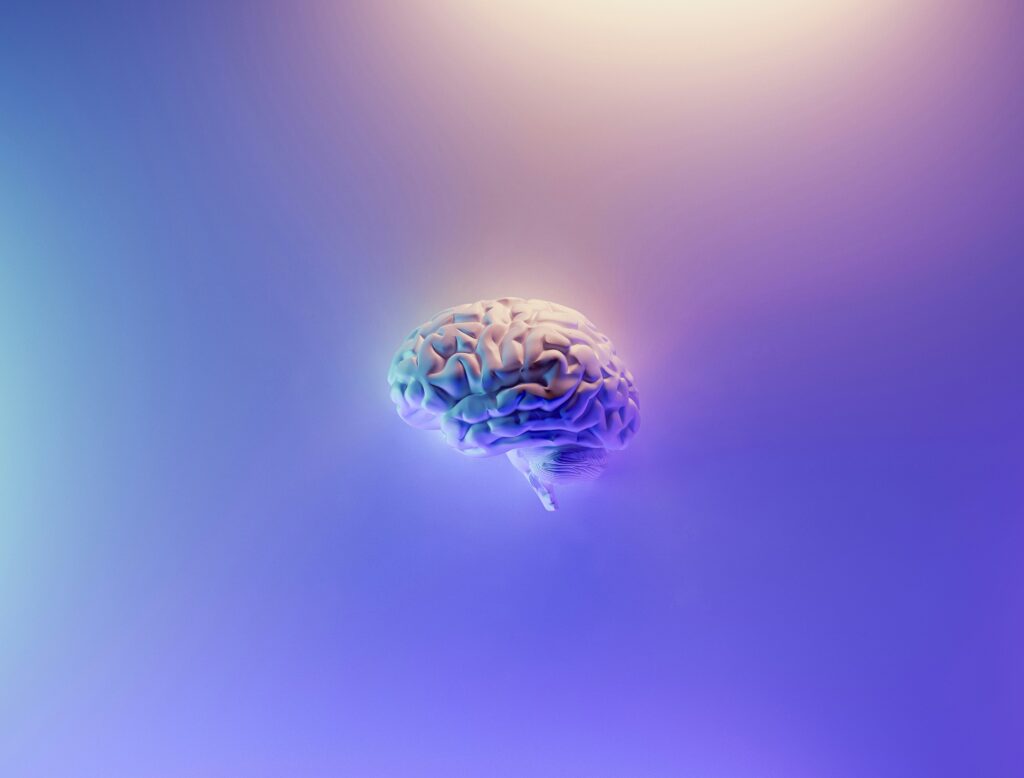Did you know that your gut is often referred to as your “second brain”? This fascinating connection between our digestive system and mental health has become a hot topic in wellness circles. More than just a simple link, the gut-brain connection highlights how what we eat can significantly influence not only our digestion but also our mood, cognition, and overall mental well-being.
Imagine enjoying a delicious meal that doesn’t just satisfy your hunger but also uplifts your spirits and sharpens your mind. Sounds appealing, right? The truth is, the foods we consume play a critical role in shaping both our gut microbiome and mental health. By understanding this relationship better, we can make informed choices to support both our digestive health and emotional balance.
Let’s dive deeper into this intriguing connection. Discover how nurturing good bacteria in our guts with specific foods can pave the way for enhanced cognitive function and improved mood. Your journey toward better digestive and mental well-being starts here!
Understanding the Gut-Brain Connection
The gut-brain connection is a remarkable communication network between your digestive system and brain. It goes beyond mere digestion; it influences emotions, thoughts, and behaviors.
This intricate relationship functions through the vagus nerve, which acts as a highway for signals traveling back and forth. What happens in your gut can directly affect how you feel mentally.
When the balance of bacteria in your gut shifts—whether due to diet, stress, or illness—it can lead to changes in mood or cognitive function. This means that an upset stomach might not just be physical discomfort but could also manifest as anxiety or irritability.
Moreover, neurotransmitters like serotonin are produced in the gut. This “feel-good” chemical plays a key role in regulating mood and emotional well-being. Understanding this connection opens new avenues for improving both mental clarity and digestive health through mindful dietary choices.
The Role of Good Bacteria in the Gut
Good bacteria, or probiotics, are essential players in our gut health. They help break down food and absorb nutrients effectively. This process fuels not just the body but also the brain.
These microorganisms create a balance within the digestive system. A healthy gut flora reduces harmful bacteria that can cause inflammation or disease. The presence of beneficial strains supports immune function too.
Moreover, these tiny allies produce short-chain fatty acids during digestion. These compounds play a role in reducing anxiety and improving mood by influencing neurotransmitter production.
Without adequate good bacteria, we may face various issues like bloating or fatigue. Including foods rich in probiotics ensures your gut thrives while enhancing overall wellness and mental clarity. Prioritizing these little helpers is crucial for maintaining harmony between digestion and cognition.
Foods That Promote a Healthy Gut Microbiome
To nurture a healthy gut microbiome, focus on incorporating fiber-rich foods into your meals. Vegetables like broccoli, carrots, and kale serve as excellent sources of dietary fiber. They help feed the beneficial bacteria that reside in your intestines.
Fermented foods are another powerhouse for gut health. Think yogurt, kimchi, sauerkraut, and kefir. These options are packed with probiotics—live microorganisms that can enhance digestion and support overall wellness.
Whole grains also deserve a mention. Foods such as quinoa, oats, and brown rice promote good digestion while providing essential nutrients.
Don’t forget about legumes! Beans and lentils are great for adding variety to your diet while boosting fiber intake.
Including these foods regularly can foster an environment where good bacteria thrive, leading to better digestive health over time.
Impact of a Healthy Gut on Mental Health
The health of your gut is intricately linked to your mental well-being. Research has shown that a balanced gut microbiome can positively influence mood and cognitive function.
Good bacteria in the gut produce neurotransmitters like serotonin, which regulates emotions. When these bacteria thrive, they can help keep anxiety and depression at bay.
An imbalanced gut, on the other hand, may lead to increased inflammation and stress hormones that affect mental clarity and emotional stability. This connection highlights how digestive health plays a crucial role beyond just physical wellness.
Moreover, individuals with gastrointestinal issues often report higher rates of psychological distress. Addressing gut problems could be an essential step toward improving mental health outcomes for many people. Embracing dietary changes can pave the way for both bodily comfort and emotional resilience.
Foods That Boost Mood and Cognitive Function
Certain foods have a remarkable ability to elevate mood and enhance cognitive function. Incorporating them into your diet can be both delicious and beneficial.
Fatty fish like salmon are rich in omega-3 fatty acids, crucial for brain health. These healthy fats support neurotransmitter function, which plays a role in mood regulation.
Berries are another powerhouse. They contain antioxidants that protect the brain from oxidative stress and may improve memory.
Dark chocolate has its perks too. It boosts serotonin levels while providing an instant energy lift. A small piece can brighten your day.
Leafy greens should not be overlooked either. Spinach and kale provide essential nutrients that help combat cognitive decline as we age.
Walnuts deserve recognition for their high DHA content, a type of omega-3 known to promote brain health effectively. Embrace these foods for better mental clarity and emotional balance!
How to Incorporate These Foods into Your Diet
Incorporating gut-friendly foods into your diet can be both simple and enjoyable. Start by adding fermented options like yogurt, kefir, or sauerkraut to your breakfast routine. These are delicious ways to kickstart digestion in the morning.
Try swapping out refined grains for whole grains such as quinoa or brown rice. They’re not only nutritious but also provide sustained energy throughout the day.
Snacking on nuts and seeds is another easy change. Almonds, walnuts, and chia seeds offer healthy fats that support brain function while feeding good bacteria.
Don’t forget about fruits and vegetables! Aim for a colorful plate filled with a variety of produce. Leafy greens like spinach and kale are excellent choices to enhance gut health.
Experiment with smoothies too; they’re a fantastic way to mix multiple healthy ingredients together without sacrificing flavor or convenience.
Conclusion: Prioritizing Gut and Brain Health for Overall Well-Being
Taking care of your gut and brain can significantly enhance your overall well-being. The connection between the two is powerful, influencing not only digestion but also mood and cognitive function. By prioritizing foods that nurture a healthy gut microbiome, you set the stage for improved mental clarity and emotional stability.
Incorporating probiotic-rich options like yogurt or fermented vegetables into meals can be simple yet effective. Whole grains, fruits, and vegetables provide essential nutrients that support both digestive health and mental wellness. Remember to stay hydrated as well; water plays a vital role in maintaining these systems.
As you explore ways to promote this balance in your diet, consider how small changes can lead to big benefits over time. Embrace the journey of nourishing both your gut and mind—it’s an investment in a healthier future.
Taking care of your gut and brain is more important than many realize. The gut-brain connection plays a vital role in how we feel physically and emotionally. By prioritizing foods that nurture both systems, you can improve your overall well-being.
Incorporating probiotics, fiber-rich foods, healthy fats, and antioxidants into your diet can significantly impact mental clarity, mood stability, and digestive health. Small changes like adding yogurt to breakfast or snacking on nuts instead of chips can make a difference over time.
Listening to your body matters. Pay attention to how different foods affect not just digestion but also mood and energy levels. Building meals around ingredients that support your gut microbiome will yield benefits you may not have expected.
Remember that every plate is an opportunity for nourishment—both for the body and mind. Embracing this holistic approach could lead to a healthier lifestyle with enhanced emotional resilience and cognitive function. Making informed food choices today sets the stage for a brighter tomorrow.






